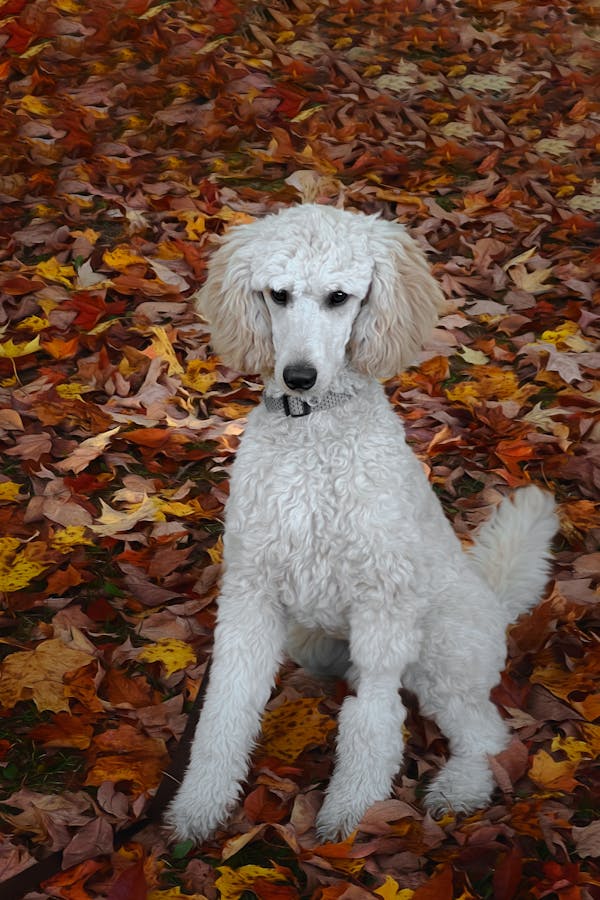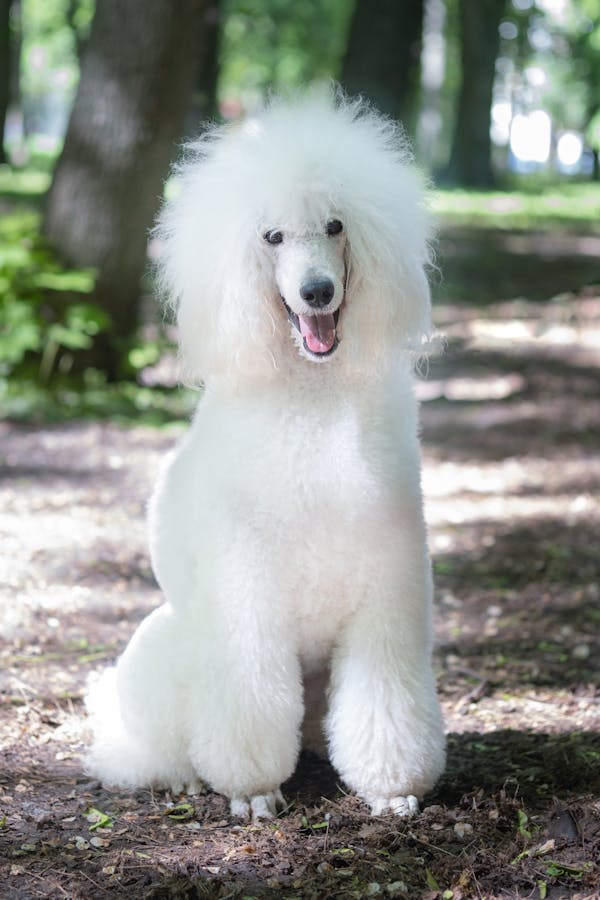Poodle Allergies: Symptoms, Causes, and Treatments
Poodles, with their hypoallergenic reputation, are often sought after by individuals with allergies. However, like all breeds, poodles can develop allergies themselves, causing discomfort and distress. Understanding the symptoms, causes, and treatments for poodle allergies is crucial for ensuring your furry friend’s well-being. In this article, we’ll delve into the world of poodle allergies, shedding light on how to identify, manage, and alleviate allergic reactions in your beloved pet.
Zen Nutrients is an excellent resource which combines the wisdom of a pharmacist with the knowledge and expertise of a physician. Our pharma grade supplements are designed to be targeted for specific medical conditions to increase compliance and reduce costs. They are also physician and pharmacist formulated with research backed, premium quality ingredients. Visit here
Identifying Allergy Symptoms in Poodles
Recognizing the signs of allergies in your poodle is the first step in managing their condition effectively. Common symptoms of poodle allergies include:
- Itchy Skin
Excessive scratching, licking, and chewing of the skin are hallmark signs of allergic reactions in poodles. You may notice redness, inflammation, and hot spots on your poodle’s skin as a result of persistent scratching.
- Ear Infections
Poodles are prone to ear infections, especially if they have allergies. Signs of ear infections include odor, discharge, redness, and swelling of the ears. Your poodle may also shake their head frequently or tilt it to one side due to discomfort.
- Digestive Issues
Allergies can manifest as gastrointestinal problems in poodles, such as vomiting, diarrhea, and flatulence. These symptoms may occur in response to food allergies or environmental triggers.
- Respiratory Problems
Poodles with allergies may experience respiratory symptoms such as coughing, sneezing, wheezing, and difficulty breathing. These symptoms can get triggering by airborne allergens such as pollen, dust mites, or mold.
Understanding the Causes of Poodle Allergies
Poodle allergies can be triggered by a variety of factors, including:
- Environmental Allergens
Pollen, dust mites, mold spores, and certain plants can trigger allergic reactions in poodles, leading to respiratory and skin problems.
- Food Allergies
Poodles can develop allergies to specific ingredients in their diet, such as beef, chicken, wheat, or dairy products. Food allergies often manifest as digestive issues or skin problems.
Zen Nutrients is an excellent resource which combines the wisdom of a pharmacist with the knowledge and expertise of a physician. Our pharma grade supplements are designed to be targeted for specific medical conditions to increase compliance and reduce costs. They are also physician and pharmacist formulated with research backed, premium quality ingredients. Visit here
- Flea Allergy Dermatitis
Poodles are susceptible to flea bites, and some individuals may develop allergic reactions to flea saliva. Flea allergy dermatitis can also cause intense itching, skin inflammation, and hair loss in affected poodles.
Effective Treatments for Poodle Allergies
Managing poodle allergies involves a combination of preventive measures and treatment options tailored to your pet’s specific needs. Here are some effective treatments for poodle allergies:
- Allergy Testing
Consult with your veterinarian to determine the underlying cause of your poodle’s allergies through allergy testing. This may further involve blood tests, skin prick tests, or elimination diets to identify allergens.
- Medications
Your veterinarian may prescribe medications to alleviate your poodle’s allergy symptoms, such as antihistamines, corticosteroids, or allergy shots (immunotherapy). These medications can help reduce inflammation, itchiness, and discomfort associated with allergies.
- Allergen Avoidance
Minimize your poodle’s exposure to known allergens by keeping your home clean and free of dust, pollen, and mold. Also, use hypoallergenic bedding, air purifiers, and regular grooming to reduce allergen levels in your pet’s environment.
- Diet Modification
If your poodle has food allergies, switch to a hypoallergenic or limited ingredient diet recommended by your veterinarian. Also, avoid feeding your poodle table scraps or treats that contain common allergens to prevent allergic reactions.
- Flea Prevention
Protect your poodle from flea infestations by using flea preventatives recommended by your veterinarian. Regularly check your pet for further signs of fleas and treat any infestations promptly to prevent flea allergy dermatitis.
Zen Nutrients is an excellent resource which combines the wisdom of a pharmacist with the knowledge and expertise of a physician. Our pharma grade supplements are designed to be targeted for specific medical conditions to increase compliance and reduce costs. They are also physician and pharmacist formulated with research backed, premium quality ingredients. Visit here
Conclusion
Poodle allergies can be challenging to manage, but with proper diagnosis and treatment, you can help your furry friend live a comfortable and happy life. By understanding the symptoms, causes, and treatments for poodle allergies, you can take proactive steps to alleviate your pet’s discomfort and improve their quality of life. Consult with your veterinarian for personalized recommendations tailored to your poodle’s specific needs. And together, you can also conquer allergies and enjoy many more years of companionship with your beloved pet.
Important Affiliate Disclosure
We at doglinked.com are esteemed to be a major affiliate for some of these products. Therefore, if you click any of these product links to buy a subscription, we earn a commission. However, you do not pay a higher amount for this. Rest easy as the information provided here is accurate and dependable.







